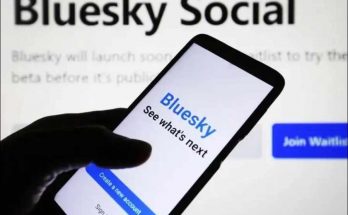The iPhone music program reportedly shares your age, gender, and even location with advertisers.
Online radio network Pandora provides users with highly curated playlists based on the Music Genome Project, an analysis of more than 400 attributes of a song that make it appealing to your specific ear taste buds. The cost of this pretty incredible service for most folks: nothing at all. Well, nothing at all if you don’t consider quietly sharing some of your web habits with advertisers a “cost.”
While you’re paying zilch to listen to Led Zeppelin Radio, someone is footing the royalty bill — Pandora, duh. As the service explains in its Frequently Asked Questions, it collects some personal information from users so it can help its advertisers — who support the service by paying Pandora cash money — target consumers that will be useful to them. The explanation for why you tell Pandora your age and gender: “The free version of Pandora is mostly supported by advertisements, and we want to be able to show the most relevant ads to our listeners.”
But just how much of your private info is flowing out to advertisers as “Black Dog” streams into your earphones? A new exposé by the Wall Street Journal seems to argue the answer is “too much.” According to the WSJ’s data, Pandora shares age, gender, location, and phone ID information with marketing firms on both its iPhone and Android mobile versions. So while advertsiers won’t have your name and email address, they’ll get their hands on a lot of info about your mobile phone behavior. .
Is that a fair exchange for hours of free music? Only users who stream more than 40 hours of music a month are billed 99 cents, and Pandora offers a premium paid version for $36 a year that comes with a few perks, like unlimited listening, no ads, and the ability to skip however many songs you want. Pandora does have a Privacy Policy posted on its website, which reveals the service employs cookies to “collect non-personally identifiable information” for tracking and advertising purposes. It doesn’t expressly say Pandora will share your phone’s unique ID number with advertisers, but it gives you a hint that that music you’re enjoying for free does indeed have a cost — whether or not you’re (somewhat) unwittingly becoming an advertising drone is up to you.
Visits: 127



